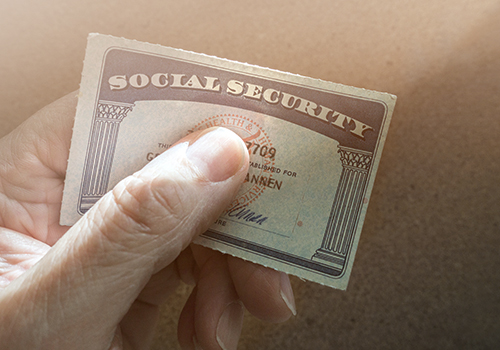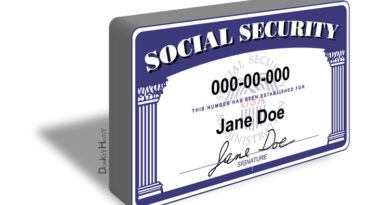Is Your Social Security Number Hiding Secret Information About You?

Did you know that, depending upon your age, your Social Security number (SSN) could contain personal information about you? It sounds like a conspiracy theory, but it’s 100% true.
When Social Security numbers were first developed in November 1936, the first three digits were assigned based upon where you lived, starting in the northeast and moving westward. So, for example, if you lived in Pennsylvania you would have a lower number than someone living in the Utah. That all changed ten years ago, when the Social Security Administration stopped using geographic regions and established a new randomized assignment methodology. There were two main reasons to adopt SSN randomization: to protect the integrity of the Social Security number and to extend the longevity of the nine-digit SSN nationwide.
While early SSNs did technically reveal a bit of information about where you are from, there is one SNN myth that continues to circulate regarding the middle two digits of your Social Security number and it is completely false. Since these two digits are referred to as the “group number”, some people erroneously believed this referred your racial group. In all actuality, the group number is merely a subgroup used for bookkeeping purposes. That’s because when Social Security numbers were first introduced, back in the 1930’s, there were no computers, and all records were stored in filing cabinets. This system made it easier for workers to file and find documents.
The Seniors Trust is working to improve Social Security for future generations through passage of the Social Security Expansion Act which would expand benefits and protect the financial security of retired Americans. It is not alone in its efforts. A unanimous 100% of people surveyed say Congress should pass this bill. It’s been 86 years since Social Security was established – it’s in need of a big update to meet the needs of today’s retirees.



